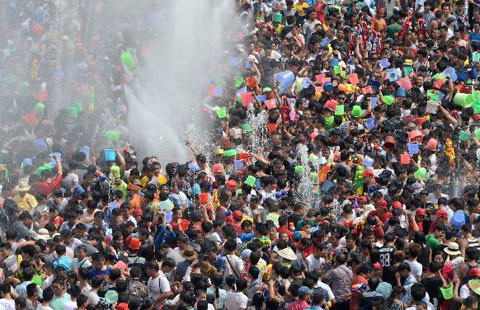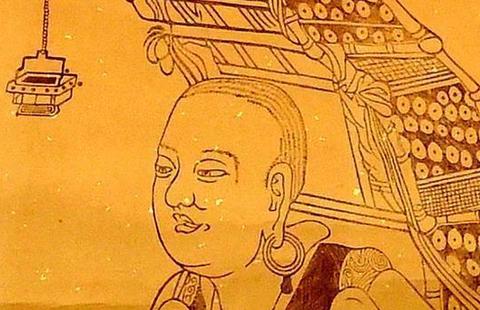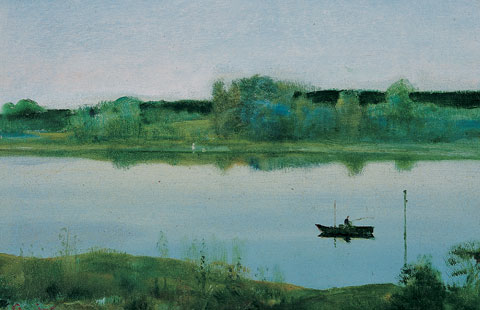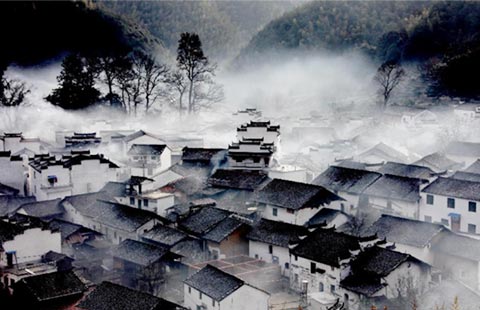TV dramas must stop distorting facts
By Chen Xuguang ( China Daily ) Updated: 2015-04-14 10:13:49Such distorted dramas, even if they declare "fiction, not history", can distort a nation's popular history. Since films and TV series are more popular than history textbooks, some viewers could mistake them for the truth and would never try to find out what the real history is. And children and youths, who easily believe what they are told, will end up having the wrong idea of history.
If the distorted dramas keep dominating TV channels, an entire generation will not know how cruel the war against Japanese aggression was. Thus, it is necessary to stop such dramas from continuing to distort history and, for that, we need to find out why they are made in the first place. The answer is: entertainment. The market-oriented reform has led to competition among film and TV series directors for viewers' ratings, and to get high ratings they could break any rule.
Worse, the dramas have a huge demand because they meet the taste of some people. Given the fast pace of life today, people in general don't want to wrack their brains while watching TV programs or films. And when it comes to the war against the Japanese invaders, the distorted dramas also help Chinese viewers to vent their anger and hatred against the Japanese invaders.
Entertainment is not a bad thing, but an entertainment program that distorts the bloody history of a country can never be good.
Let us hope the State Administration of Press, Publication, Radio, Film and Television will, as it has said, end the trend of such dramas. But that would still not be enough, for good films and TV series have to meet the demand of the audience in order to drive out the bad ones. That will in turn require the entire TV drama industry to change its tack and come up with better productions.
Chen Xuguang is a senior researcher at and director of the Center of Film, TV and Play Research Center, Peking University. The article is an excerpt from his interview with China Daily's Zhang Zhouxiang.
Related:
|
|
|
|
|
|
|
|


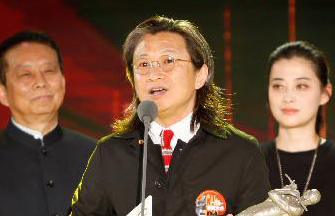



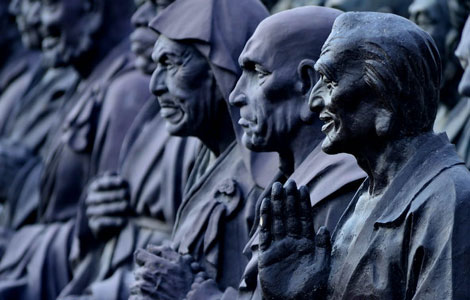
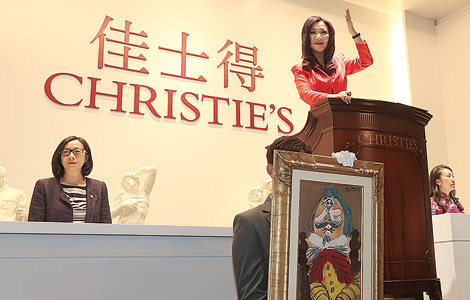
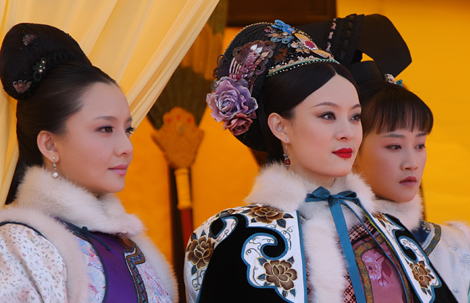






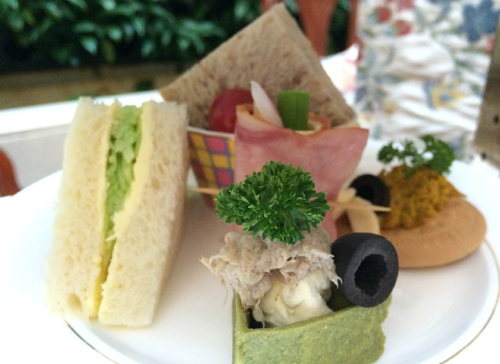







 Raymond Zhou:
Raymond Zhou: Pauline D Loh:
Pauline D Loh: Hot Pot
Hot Pot Eco China
Eco China China Dream
China Dream China Face
China Face
